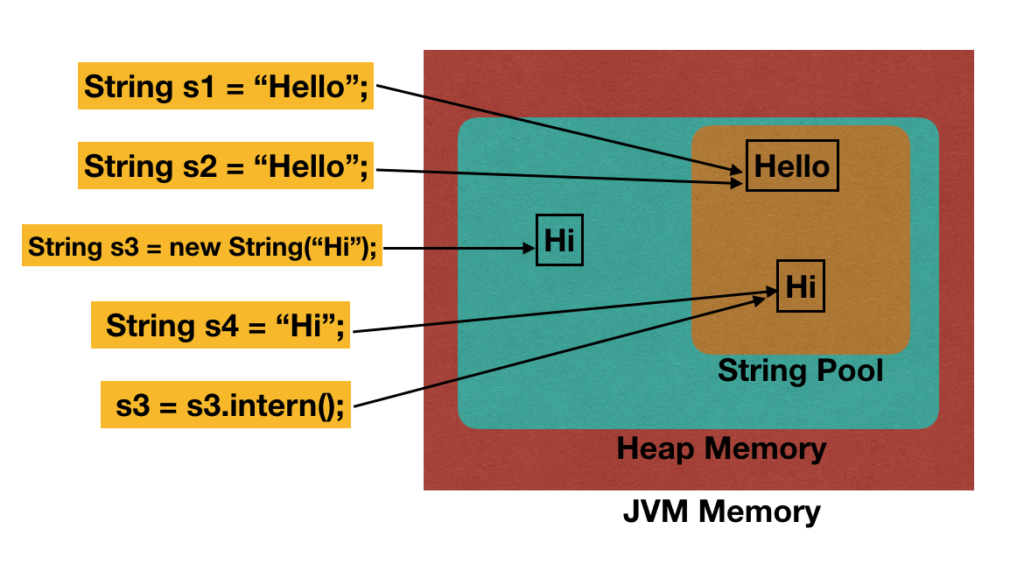Java String split() Method
Java String split() method returns a String array. It accepts string argument and treats it as regular expression. Then the string is split around the matches found. String split() Method Syntax There are two overloaded split() methods. public String[] split(String regex, int limit): The limit argument defines the result string array size. If the limit […]
Java String split() Method Read More »

